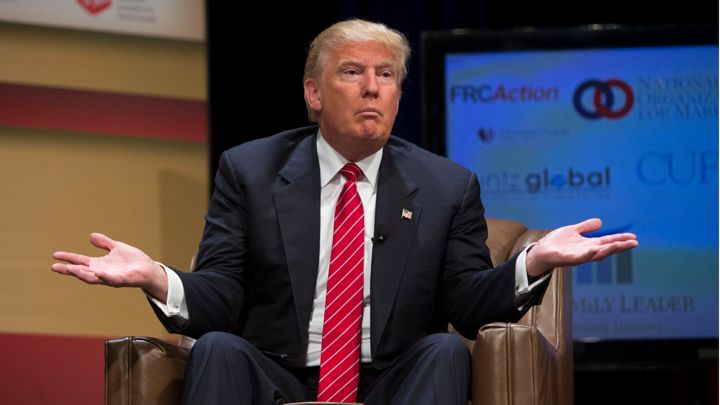
Last month, GOP candidate Donald Trump released a bold proposition calling for the United States to ban Muslims from entering the country. With cheers from faithful supporters in the crowd, he asserted, “Donald J. Trump is calling for a complete and total shutdown of Muslims entering the United States until our country’s representatives can figure out what the hell is going on.” This idea is in response to the mass shooting in San Bernardino, California.
Although Americans are used to hearing this type of talk from radio show hosts and Fox News anchors, for it to be voiced by the front-runner for the nomination of one of the two central political parties is astounding. What was once considered hate speech is now being proposed as a serious policy. Later, Trump exclaimed, “Probably not politically correct. But I don’t care.”
Many in the U.S. have affirmed that this proposal would violate the basic tenet of the U.S. constitution: the First Amendment’s doctrine of freedom of religion. Legal scholars have also asserted that Trump’s proposal would violate not only U.S. law, but would be considered illegal under international law.
Echoing this sentiment, White House press secretary John Earnest stated in a press conference the day after that every president must take an oath to “preserve, protect, and defend” the U.S. constitution, and thus, “what Donald Trump said yesterday disqualifies him from serving as president”. Earnest’s comments were celebrated, as the hashtag #TrumpIsDisqualfiedParty was trending on twitter.
Unfortunately, there is actually no statute or law that legally prevents him from continuing his campaign. Rather, his remarks should be more accurately deciphered as meaning that Trump is neither appropriate nor morally fit to be president.